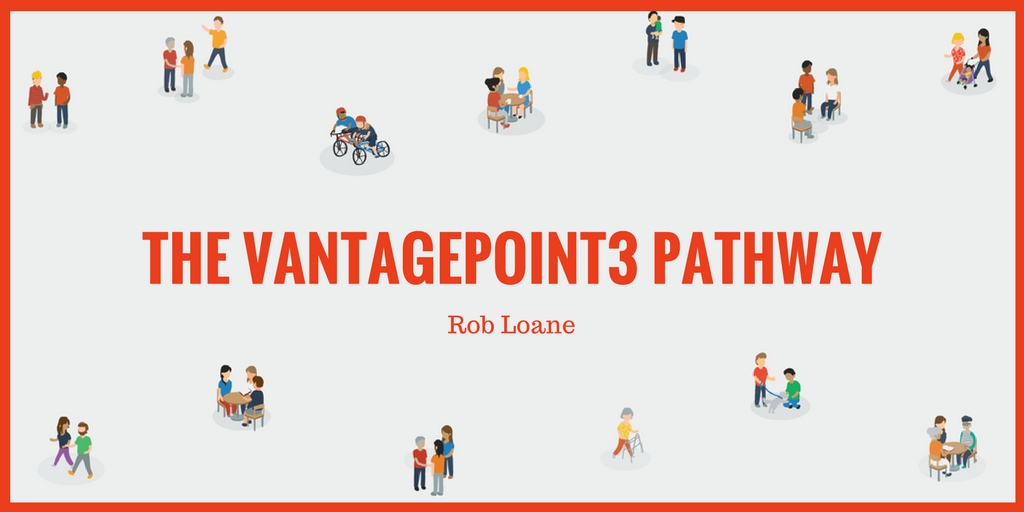The VantagePoint3 Pathway
 In September 1999, Randy Reese and I joined 450 other church leaders from 54 countries in Eastbourne, England for the First International Consultation on Discipleship. Throughout the conference, there was a resounding consensus that the Church's "zeal to go wider has not been matched by a commitment to go deeper." John Stott set the tone in his keynote address.
In September 1999, Randy Reese and I joined 450 other church leaders from 54 countries in Eastbourne, England for the First International Consultation on Discipleship. Throughout the conference, there was a resounding consensus that the Church's "zeal to go wider has not been matched by a commitment to go deeper." John Stott set the tone in his keynote address.
I wonder how you would sum up the Christian situation in the world today. For me, it's a strange, rather tragic, and disturbing paradox. On the one hand, in many parts of the world the Church is growing by leaps and bounds. But on the other hand, throughout the church, superficiality is everywhere. That's the paradox. Growth without depth.
No doubt God is not pleased with superficial discipleship. The apostolic writers of the New Testament declare with one voice that God wants his people to grow up and grow into maturity in Christ.
One is hard pressed to find a time in history when the Church has gone more places, has activated more efforts, and has proclaimed the gospel more widely then over the past several decades. Yet there continues to rise from amidst all this activity a growing realization that we are skimming across the surface. God wants his people to grow up and grow into maturity in Christ (Ephesians 4:1-16).
To this end, we have developed a VantagePoint3 pathway of processes that invite a deeper discipleship and development: three 6-9 month processes (The Journey, A Way of Life, Walking with Others), delivered in a small group format, designed to help men and women develop in Christ. More details will be explaining during the Equip Conference, but let me briefly mention four ingredients that are in "the mix" of helping people sustain a lifelong apprenticeship with Jesus (Matthew 11:29).
1. Friendship is essential - friendship is not "a cherry on top" of the Christian life; it is an essential condition for a maturing life in Christ. As we make space for a common sharing, honouring, and enjoying of life, something of the Spirit's nurturing grace is imparted to us.
2. Double knowledge - early church fathers and mothers pointed out that true wisdom in the life of faith is always "a double knowledge". That is, knowledge of God and knowledge of self are inextricably linked together.

 In his book
In his book